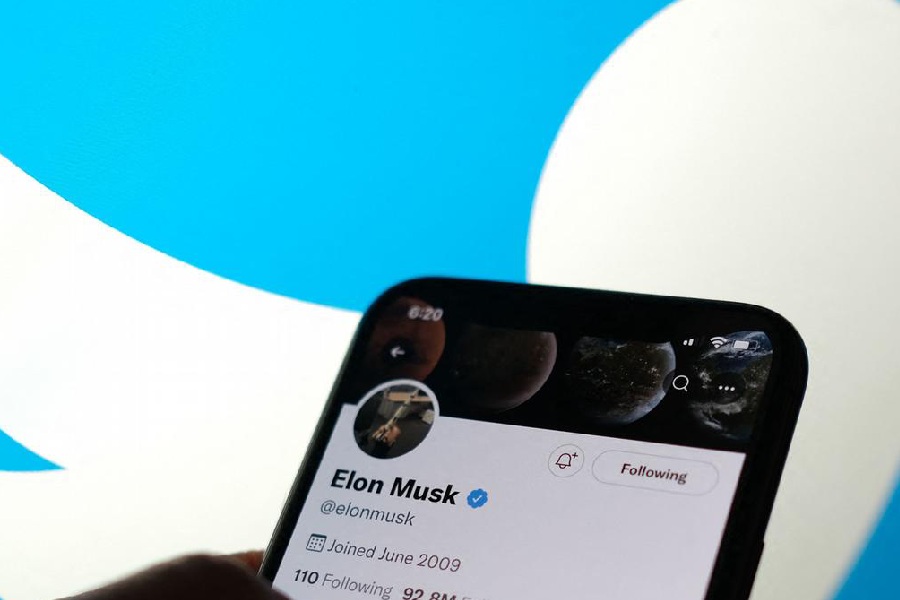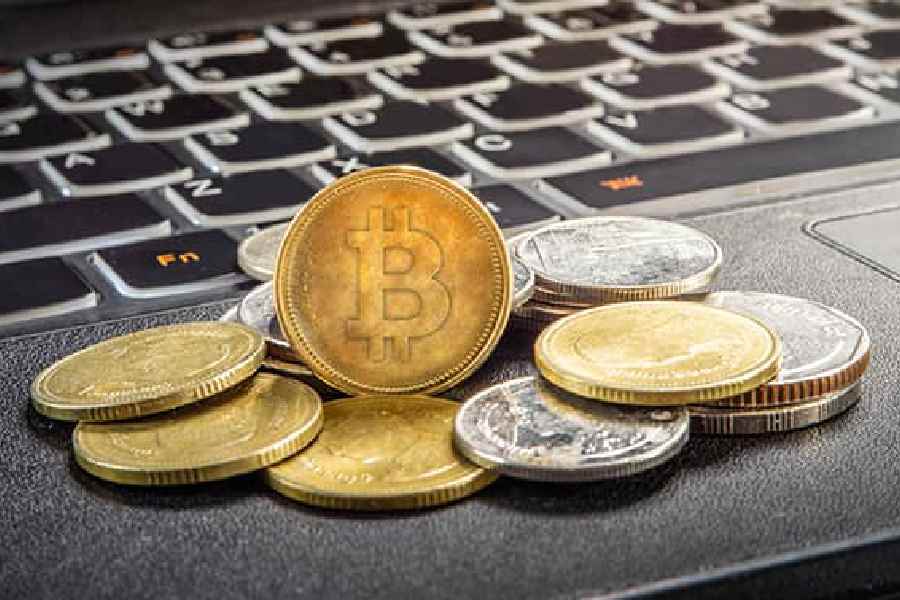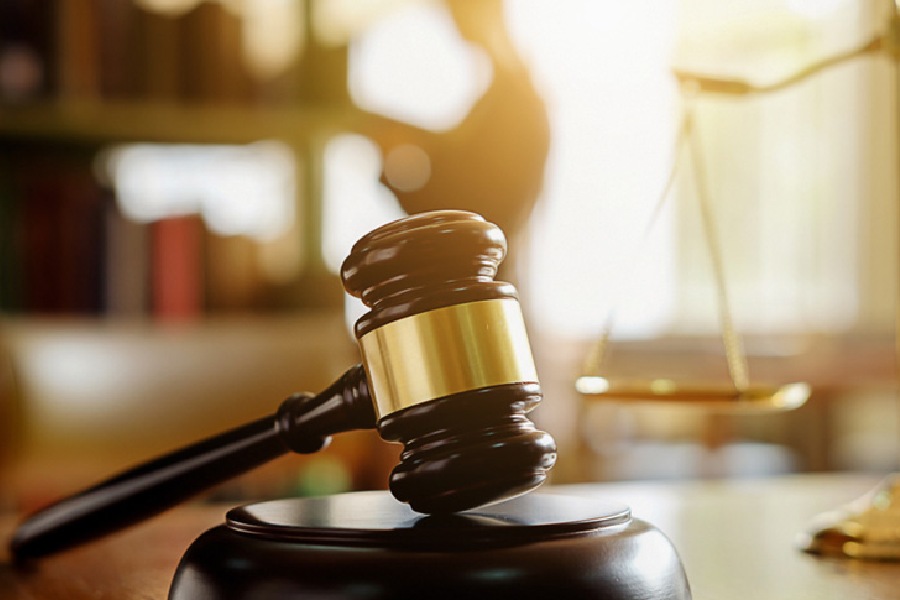Twitter has withdrawn from a voluntary European Union agreement to stamp out disinformation online, a top EU official said late Friday.
"Twitter leaves EU voluntary Code of Practice against disinformation. But obligations remain," EU Internal Market Commissioner Thierry Breton wrote on Twitter.
"You can run but you can't hide. Beyond voluntary commitments, fighting disinformation will be legal obligation under #DSA as of August 25. Our teams will be ready for enforcement," Breton added, referring to the EU's new Digital Services Act which takes effect in less than two months.
Twitter has yet to confirm its withdrawal from the code, but the decision appears to be the latest move by billionaire owner Elon Musk to loosen the reins after he bought the social media firm last year.
Musk cut thousands of jobs to save money, slashing entire departments, including those responsible for content moderation.
Pursuing a goal of turning Twitter into a digital town square, where freedom of speech is prioritized, Musk has rolled back previous anti-misinformation rules, and has thrown its verification system into chaos.
Light-touch moderation
The platform now says it "deboosts" and demonetizes extremely negative or hateful tweets so they can only be seen if a user searches for them, while posts that contain fake news are moderated to include corrections, often from the Twitter community.
The current EU Code of Practice of Disinformation includes obligations to track political advertising, stop the monetization of disinformation, and to work with fact-checkers.
Twitter signed the code in 2018, along with other social media platforms including TikTok, Facebook owner Meta and Google.
The platforms are meant to issue regular reports on their progress in combating disinformation.
In February, Brussels published reports on how online platforms were implementing the code and noted that Twitter gave no "specific information and no no targeted data" related to transparency commitments.
Tougher EU rules from August
Under the new Digital Services Act, tech companies will have to moderate their platforms for harmful content like disinformation and introduce protocols to block the spread of dangerous material.
Companies must also increase transparency regarding interactions with users and simplify user agreements.
Twitter, among others, has been designated as a so-called Very Large Online Platform (VLOP), which means it will be monitored more strictly by Brussels than smaller platforms.
Twitter currently boasts nearly 330 million monthly active users, with more than half coming from the United States, Japan and India.
Only one European country, the United Kingdom, makes Twitter's Top 10 user list, but the UK is no longer an EU member.
Twitter says it has between 7 and 9 million users each in France, Spain and Germany, its three biggest EU-based markets.










